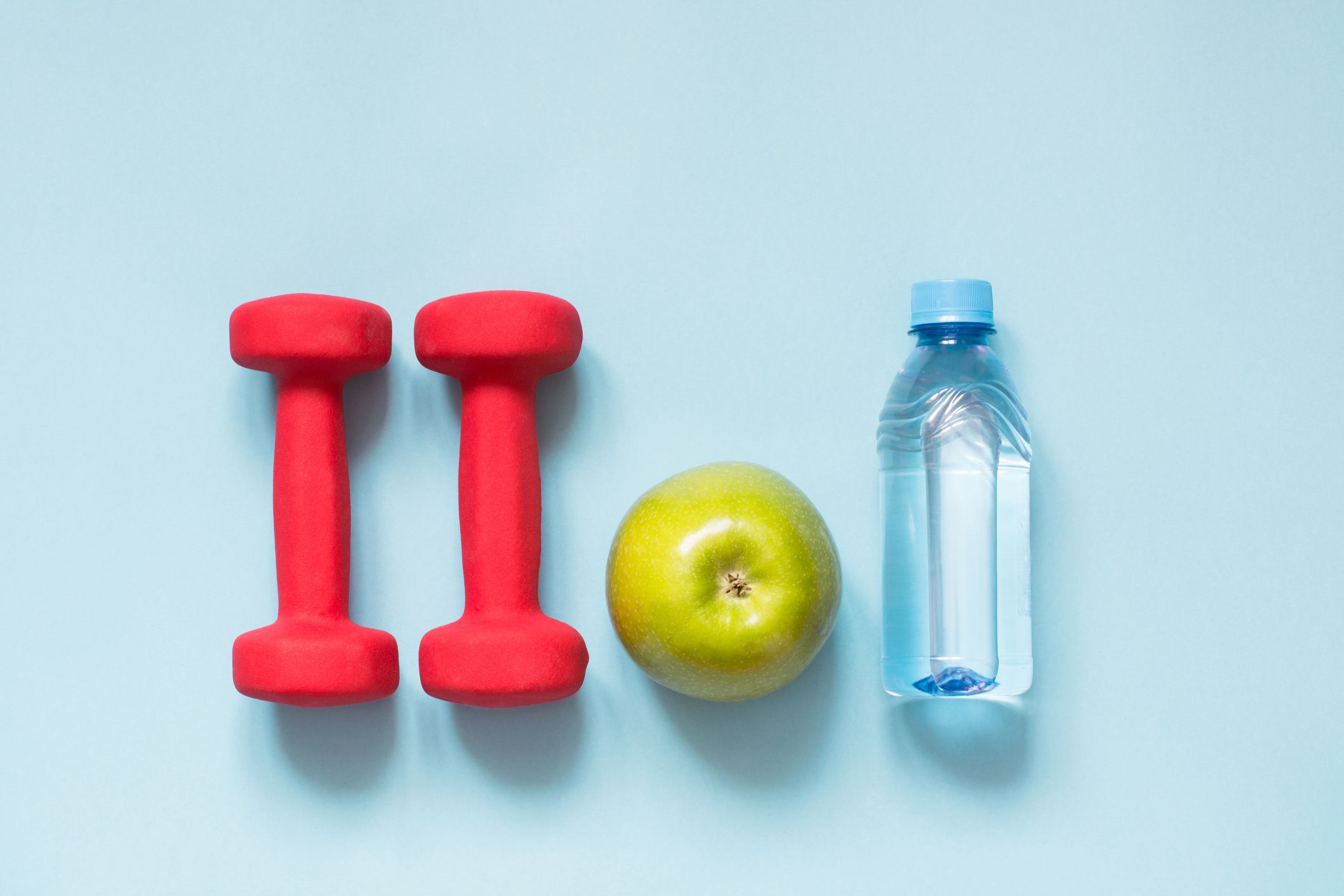Okay, so you've read some of these articles, done your homework and now your finally ready to begin a diet and exercise program. But you still have this one same nagging question in the back of your mind... 'Where in the heck do I start?'
Being lost in midst of all of these variables is not a hard thing at all. There is sooo much knowledge and guidelines out there that sometimes we don't know how to put it all together. Well today you are in luck!
Before we get into this let me make one thing clear! You are doing the right thing! It is virtually impossible to know everything there is to know about diet and exercise. If everyone waited until they knew everything in order to get started no one would get started. What we first need to do is to construct a plan. Our plan will be simplified but will be enough to get you on the right track.
1. Set your goal(s).
If you don't know what you want or what you are doing you will be less likely to get where you want to go. You also will not have the same determination as you could have. If you don't have a picture of what you want in your mind you will be less motivated. Here are some sample questions you can ask yourself. How much weight do I want to lose? What exactly do I want to look like? Do I want a smaller waist? Do I want bigger arms? What measurements am I looking for? What sort of time frame am I looking at?
When you have done this it doesn't hurt to write your answers down to some of these questions as a reference for later. We as human beings can forget easily! Also, if you have to, record some of your current statistics that relate to your questions like measurements or your weight for example. Then you will have something to compare to and your results can be measured more effectively. Motivation aside, some will even take photographs of themselves. They are also great for motivation as well. In the future I will include articles on motivation.
2. Start to construct your menu along with the quantities.
For some this is the hard part since they don't know how much or how little food to take. I will help you and give you a few sample formulas. The most accurate guideline that I have found (and actually have used) over the years is to multiply your current bodyweight by 10. That's how many calories you should be taking in for the day. Also remember that your true weight is when you get up without any clothes on. So if you weigh 165 pounds for example you would be able to take in 1650 calories a day. Try it!
The second way to do it is to take a piece of paper and record everything you eat for three days. Then after you do that get a calorie counter and total it up for each day. Add them together and then divide that number by 3. This will give you an average of the number of calories you usually would take in. Now you then subtract this number by 500 and that would be your caloric allowance for one day. Neat huh?
3. Begin thinking of your exercise program.
While weight training is not a necessity it is highly recommeded for permanent lasting results. But if inconvenience or a lack of interest is an issue then cardiovascular activity will do just fine! Though what we explored in my other article about weight training is definitely true, it possible by all means to meet your goals with aerobic exercise. As with your goals, ask yourself these questions...Do I like to exercise at home? How much time do I have or am willing to put into it? What types of exercise do I enjoy (eg. walking, stationary bike etc.)? What days am I available?
I will now share with you some quick guidelines concerning your cardio. Incase you didn't know aerobic (meaning with air) exercise is the most beneficial for burning fat. Examples are swimming, jogging, brisk walking, running, stairclimber etc. The easiest to do by far is the exercise bike and walking. To be effective, aerobic exercise must last at least 20 minutes in duration. It doesn't have to be strenuous at all. If you can't hold a reasonable conversation while you train you are working too hard. Your heart rate does not have to be elevated that high. Also, the opposite of aerobic is anaerobic meaning your are using more muscle power. Therefore, if you are on the bike and your legs start to burn release the tension a little bit. Gradually as your muscles become more tired it still takes the same lung power to move the pedals while using lighter resistance. Either way you win!
To start off, 20-30 minutes of cardio three times a week should do wonders for you. As long as you are consistent you will see results. Remember that most of the time it is not the exercise that is at fault but the person doing them or not doing them! Again, exercise does not have to be hard but consistent. I have tried to make these guidelines as easy as possible for you because when it comes down to it, we tend not to do the things we don't like or feel is too strenuous.
There! This plan should be enough to get you started well on your way to meeting your fitness goals. Once you have the foundation laid down in this manner you can use other information you acquire to build upon it. Good luck and take it all the way!


No comments:
Post a Comment